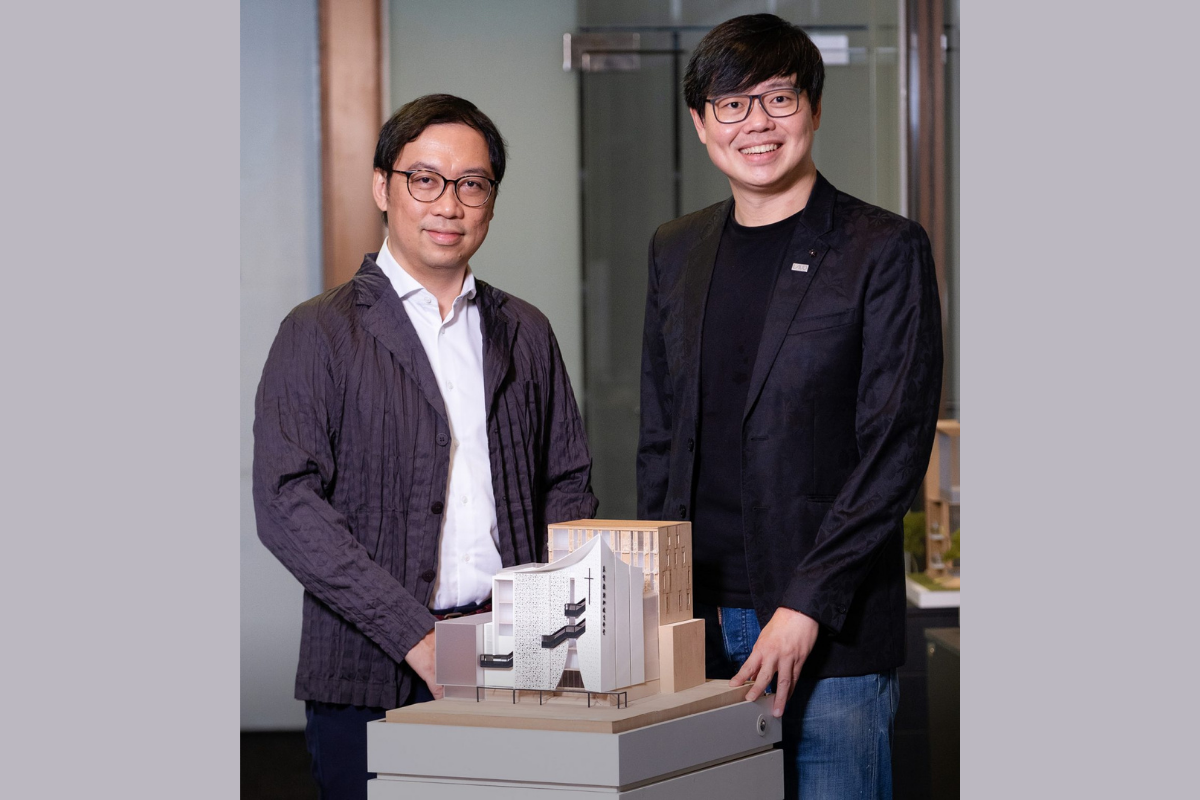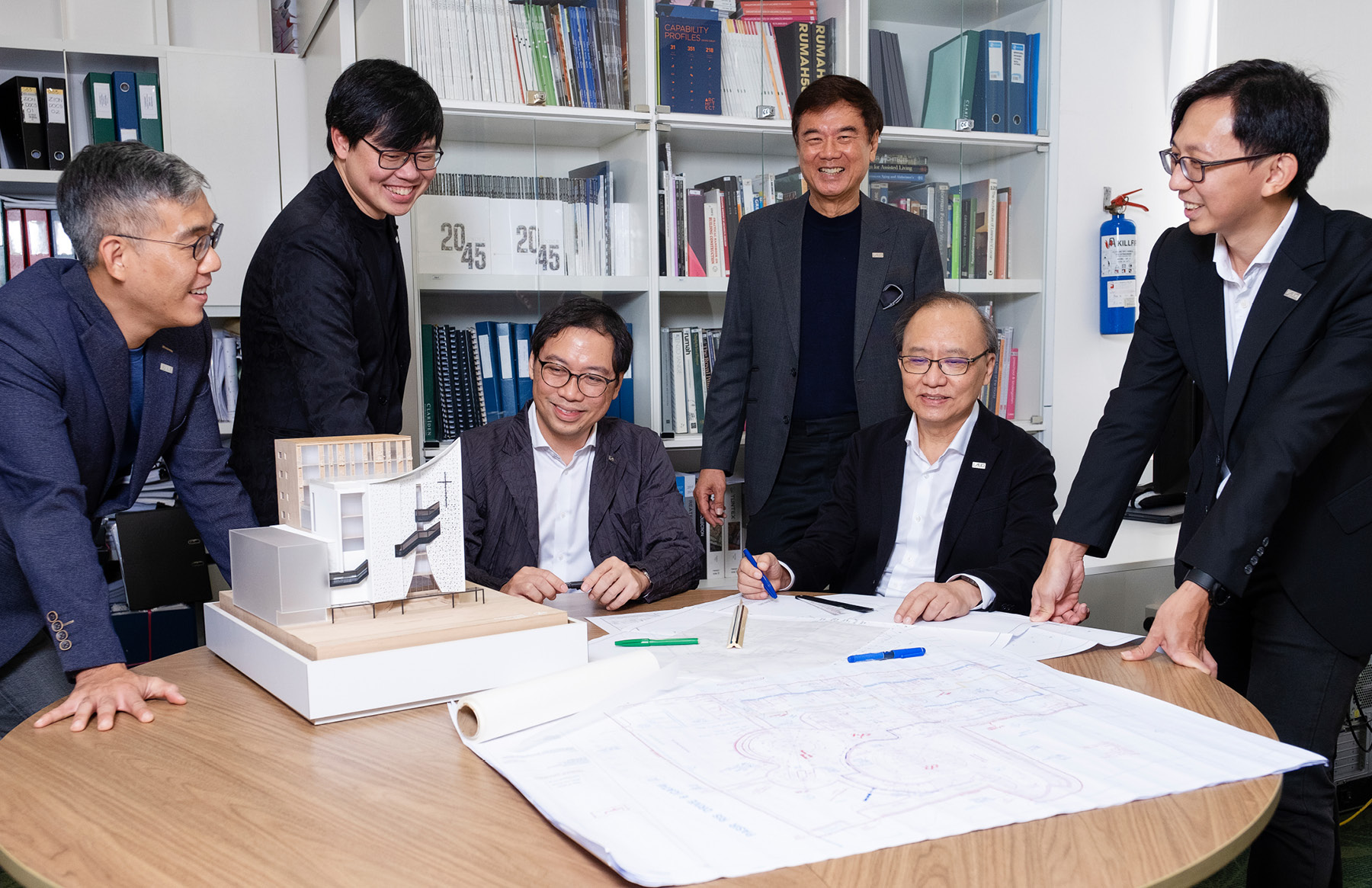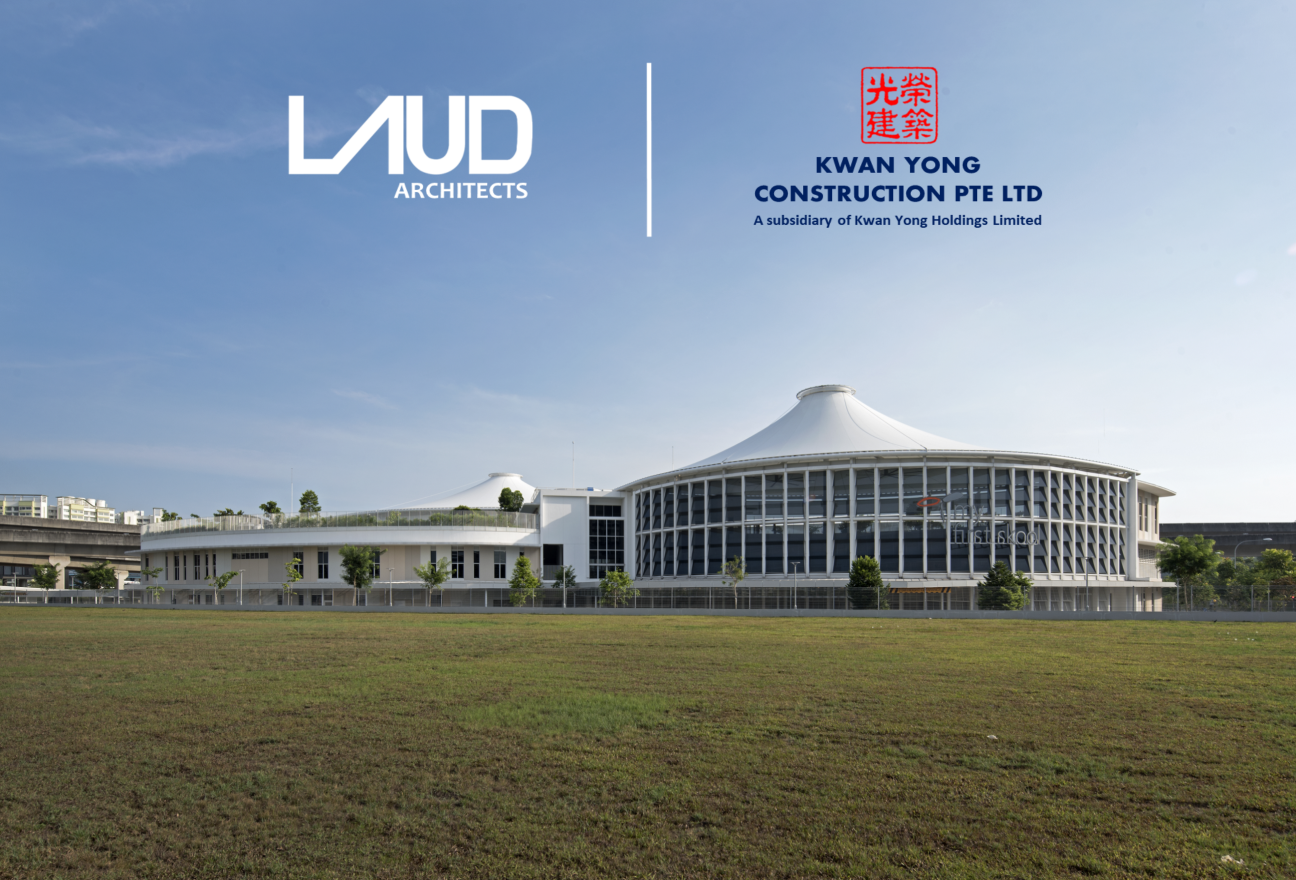At the height of the pandemic in 2020, 100 architects tuned into a fully booked webinar to watch Melvin HJ Tan reveal how LAUD Architects had been navigating the turbulent seas. After all, the Singapore-based practice wasn’t just surviving COVID-19, it was doing well.

The Deputy Managing Director stared down his laptop lens and shared three key words with his Board of Architects audience: “resilience through diversity”. He went on to explain that a key pillar in LAUD’s leadership strategy was drawing on the individuality and uniqueness of its people.
“The first idea is that we value every individual for their differences and for their collective wisdom,” Melvin tells The CEO Magazine. “Everybody comes in with different sets of talents. It’s our responsibility to recognise them, and to assign job scopes or a career path for each person to excel in their own individual way.
“So, we celebrate that diversity, we celebrate the individuals, we celebrate the fact that everyone has something to contribute. And that provides us with resilience.”
Indeed, every new project is roundtabled rather than assigned to one architect. “We’ve always felt that every opportunity requires a new response,” Melvin continues. “We always share ideas, and whichever ideas are best will be adopted. It’s a very open, democratic way of designing.”
Now a medium-size firm of 45 people, LAUD – headed by Senior Managing Director Joseph Lau – has been able to build on its different areas of expertise and diversify its portfolio. As Joseph has told The CEO Magazine previously, the firm sits in a sweet spot: it’s small enough to take on private developments but also more than capable of tackling large-scale commercial projects.
We celebrate that diversity, we celebrate the individuals, we celebrate the fact that everyone has something to contribute. – Melvin HJ Tan
Once predominantly focused on places of worship, LAUD has impressed in the residential, industrial and commercial spaces over the past decade too. Managing Director Tzu Yin Ho even picked up the company’s second President’s Design Award (Design of the Year 2020) for his mega preschool project, PCF Sparkletots. Five years earlier, LAUD won its first President’s Design Award for its shipping container-inspired design of independent art venue DECK.
“We tend to take a bit of a spunky approach to things,” Melvin says. “When a client comes to us with a brief, we ask ourselves: is there something they’re not asking us, maybe there’s something else we can give the client that they haven’t asked for, or maybe there’s something that could be added in to make the whole thing come alive?”
The one common feature through all of LAUD’s designs, as Tzu Yin points out, is the incorporation of social spaces. This began with integrated communal places for churchgoers, and has become as awe-inspiring as the acclaimed ‘internal street’ of the Philips APAC Center, where the building’s occupants can mingle in eateries and gathering areas.
“Good architecture should support daily interactions of the occupants of the space,” Tzu Yin explains. “Even before COVID-19 made us realise we had taken human interaction for granted, LAUD was promoting exactly that through its innovative designs.”
LAUD successfully pivoted for the work-from-home orders and the transition was smooth, but Tzu Yin admits communicating via digital platforms has its limitations.
“When we come together to talk about our designs and share ideas, it really makes a difference to have a few people in front of you, where we can read their body language and gestures, and everyone can talk freely at the same time,” he says.
That’s not to say he can’t see the benefits of working from home. In fact, the directors are considering implementing a flexible work model post-COVID, where staff will be allowed to work remotely whenever they feel it will benefit them. This decision has been made easier because of the tight-knit culture within LAUD – colleagues are friends, and trust is paramount.
“For some companies with more traditional management, the bosses still want to see the staff physically at the desktops to feel that they are working. I think COVID-19 has really turned this attitude upside down. Those companies will have a hard time adapting to the new ways of working and collaborating in the future,” Tzu Yin suggests.

We tend to take a bit of a spunky approach to things. When a client comes to us with a brief, we ask ourselves: is there something they’re not asking us, maybe there’s something else we can give the client … to make the whole thing come alive? – Melvin HJ Tan
“Nowadays we have so many tools for engagement, it’s easy to stay on top of things. We don’t need our employees to be physically in the office to be assured they are doing their job.”
Melvin and Tzu Yin both attribute this foundation of trust to the ability of the leadership team to balance active and passive motivation. They not only lead by example through their own actions and direction, but they also place a lot of value in knowing when to take a back seat and allow their people space to grow.
So, while other firms may have suffered during COVID-19, LAUD Architects has ensured it will remain resilient through diversity.
Proudly supported by:



